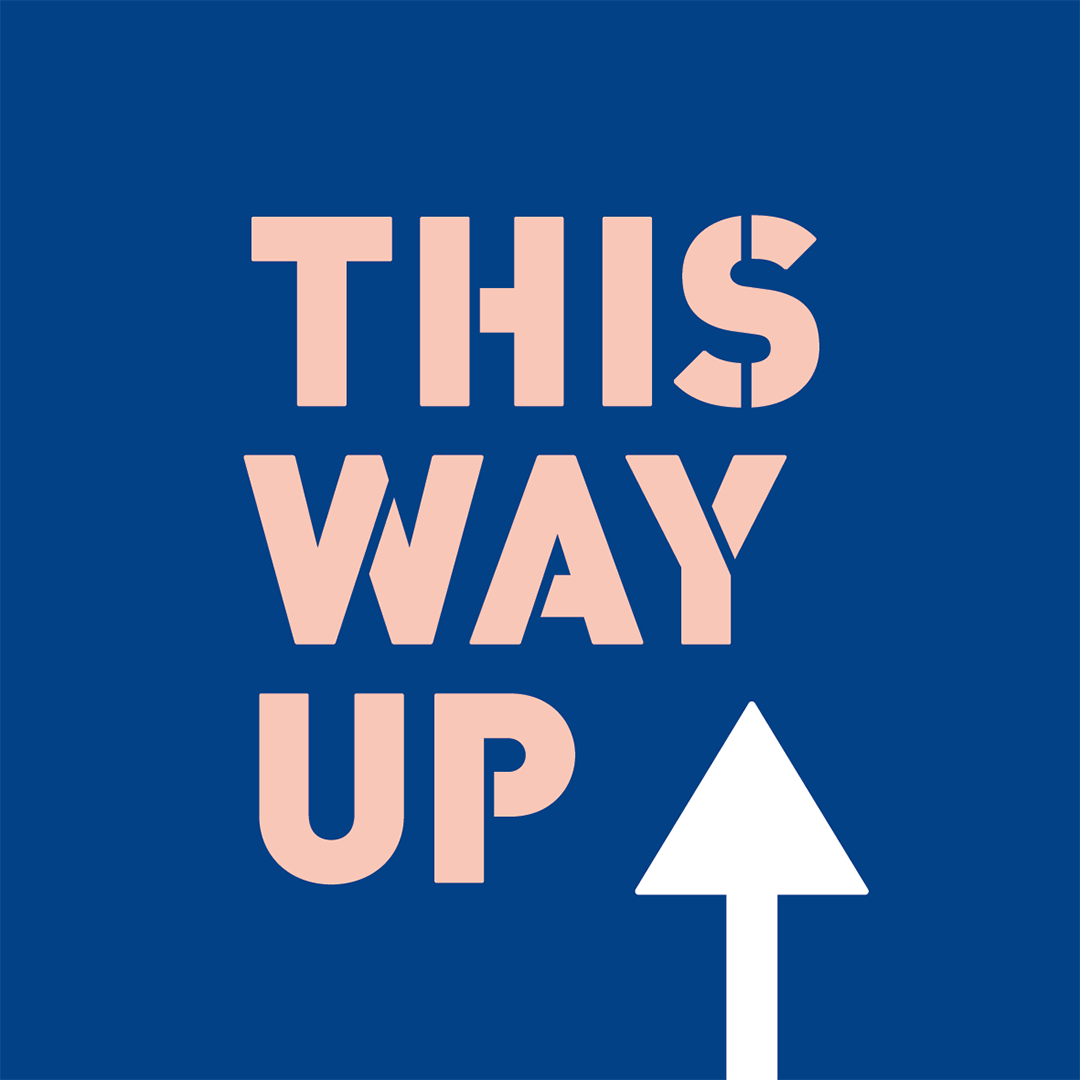This Way Up 2016: Better Exhibition Through Good Design
Speakers: Jon Barrenechea (Picturehouse Cinemas – chair), Paul Hudson (Festival and King's Theatres),Jodie Wilkinson (Glasgow Film)
Towards the end of this densely-packed hour, Paul Hudson points out that dementia friendly awareness "is just excellent customer service", articulating one of the session's key themes. All three participants make the case that "Good" design is simply good for business. As advertised, the panel considers not only how to help organisations "to remove barriers for audiences with specific access requirements, but to make your organisation more responsive overall." Chair Jon Barrenechea outlined the shared impetus, to find the "ways in which we can bring audiences who don't typically come into our venues into them".
Paul Hudson of the Festivals and King's Theatres group began the first of two presentations with a broad overview of their work aiming to adapt all Festival City Theatre Trust venues to become dementia friendly. Paul outlined how dementia-friendly changes are actually helping everyone that uses their venues. Many of these changes - lighting, clearer signage - are not expensive, make for a better experience for general audiences and have a huge impact for those who would otherwise feel stressed, unconfident and even unwelcome in venues. As one audience member had shared with Paul, it wasn't dementia but the building itself that was disabling her. The process, he explained, was simply about getting a slightly different mindset, looking at the building through a different set of eyes.
Jodie Wilkinson, who heads up public engagement at Glasgow Film presented on their ongoing Visible Cinema programme, a monthly accessible programme of film screenings enhanced for deaf and hard of hearing audiences. In this regard, Glasgow Film has a focus on engaging people in cultural activity and building audiences. In developing an inclusive and accessible environment, Jodie affirms that "audiences are the experts". Beyond engaging with audiences, being honest with budgets and what you can achieve is vital, while staff training and partnership working are also key.
https://vimeo.com/160597694
In both cases outlined, funding was reportedly key. Jodie explained the Creative Scotland funding enabled them to "take risks, be playful", and facilitated her to go out and meet with people and organisations. For Paul, the Lottery money awarded - £320,000 over three years - gives them the time to try things, to experiment with programming and staff training. At the end of the three years, they'll have a template to share with other organisations and venues. Jodie qualifies that what works for one location or organisation will not necessarily work for another and that each will have a "different journey". Sharing knowledge will be about making other venues feel supported, potentially within a kind of mentor system.
All participants were keen to stress that results could almost never be perfect - especially when adapting the more "vintage" venues - but engagement is essential, and that working in concert with audiences is at the core of what they hope to achieve. Ultimately, accessible venues improve the experience for everyone. Chair Jon Barrenechea picked up the thread running through the whole hour that, "It's not even charitable, it makes sense".
Written by Sean Welsh. Image: This Way Up 16, Eoin Carey.

